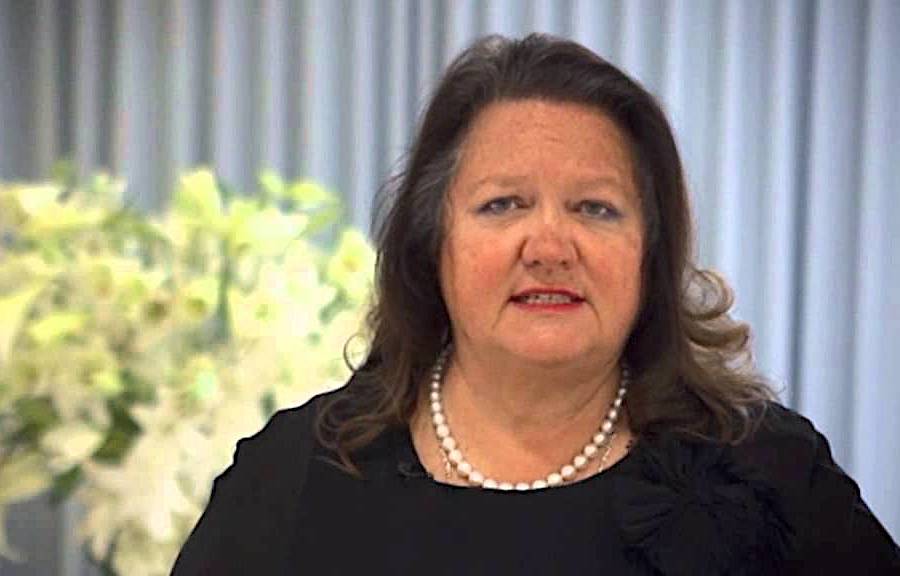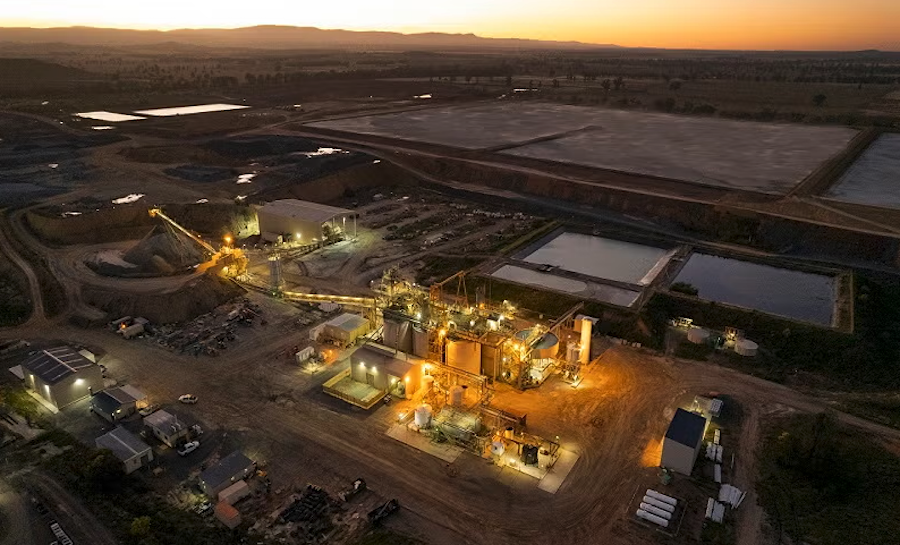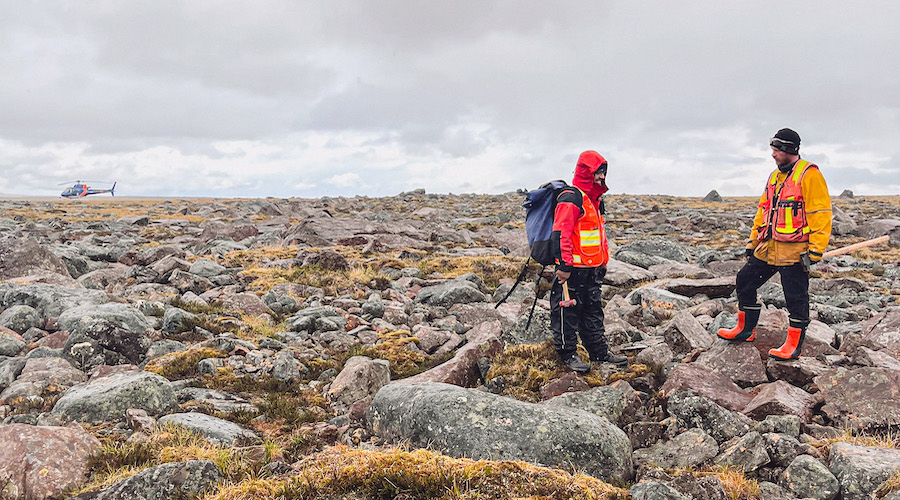Billionaire Gina Rinehart’s wealth swells with Hancock’s A$4bn profit

Australian mining magnate Gina Rinehart saw her wealth soar over the past year as her mining company Hancock Prospecting reported a A$4 billion ($2.9bn) net profit after tax for the financial year 2020, a 56% improvement from the A$2.6 billion logged last year.
The iron ore miner benefitted from strong prices of the steelmaking material, which stayed above $110 a tonne.
Hancock’s revenue from sales jumped accordingly — it logged A$10.5 billion in the 2020 financial year, up from A$8.4 billion in 2019.
Hancock Prospecting benefitted from strong iron ore prices, which stayed above $110 a tonne
The company is now effectively debt free after a $7.2 billion facility for the Roy Hill iron ore project in the Pilbara region was repaid after the year ended.
Hancock also provided its first dividends, worth A$475 million, while taxes paid amounted to $2.1 billion.
Roy Hill, the miner’s largest source of revenue and profit, reached a production rate of more than 60 million tonnes a year equivalent for the fourth quarter of the financial year.
The output jump was driven by a new wet high intensity magnetic separation plant, which has the capacity to recover over four million tonnes a year of iron ore previously considered waste.
Based on a recently published list of Australia’s richest people, put together by the Australian Financial Review, Rinehart’s wealth has more than doubled in the past year to A$28.9 billion (about $20bn). The country’s second wealthiest person is Fortescue Metals’ chairman Andrew Forrest with $23 billion ($16bn).
Family feud
Rinehart, 66, took over as executive chairman of Hancock Prospecting in the early nineties, shortly after after the passing of her father Lang Hancock. He was the legendary discoverer of the world’s largest iron deposit in the Pilbara region, in 1952.
While Rinehart’s fortune has grown, there is long-standing division about how it will be shared. Legal action over a family trust began in 2011. A provision for dividends payable to the beneficiaries of the trust rose from A$2.3 billion to about A$2.5 billion, according to the latest financial results.
The company noted it would continue to would continue to pay such dividends until “various arbitration proceedings” have begun.
A court decided last year that the dispute with two of her children, John and Bianca, should be heard behind closed doors.
More News
{{ commodity.name }}
{{ post.title }}
{{ post.date }}



Comments